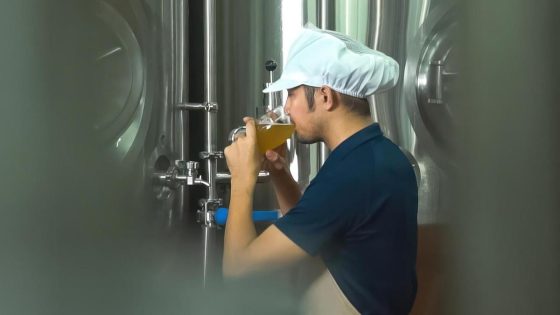The recent ruling involving a Brazilian master brewer and Ambev, South America’s largest brewery group, has sparked discussions about workplace alcohol policies. On 2025-06-15 22:44:00, the Brazilian High Labour Court dismissed claims against Ambev related to alleged neglect in managing alcohol consumption risks during employment.
- Braziliaan werkte jaren als meesterbrouwer bij Ambev
- Man dronk gemiddeld vier liter bier dagelijks
- Ambev voerde geen preventieve screenings uit
- Ambev beweerde proeverijen zijn technisch klein
- Advocaten noemden dagelijkse consumptie onmogelijk
- Hoge Arbeidsrechtbank wees schadevergoeding af
The brewer, hired in 1976, claimed he consumed up to four litres of beer daily as part of his quality control duties, arguing that Ambev failed to provide warnings or preventive measures. Ambev countered, stating that tasting involved only small sips, making addiction impossible, and that the brewer was experienced enough to understand the risks.
What does this mean for Belgian workplaces where alcohol is part of the culture? Could companies here face similar legal challenges if employee health risks are overlooked? Let’s explore the implications.
This case raises important questions about employer responsibility and employee safety in industries involving alcohol. Should companies enforce stricter monitoring? How can they balance job requirements with health risks?
- Ambev’s defense hinged on the technical nature of tastings and employee experience.
- The court found symptoms of alcoholism appeared years after employment ended, weakening the claim.
- Preventive screenings and early detection remain critical but were absent in this case.
Going forward, Belgian companies should implement clear guidelines and regular health checks to protect workers and avoid similar disputes. Are current policies sufficient to safeguard employee wellbeing?

































